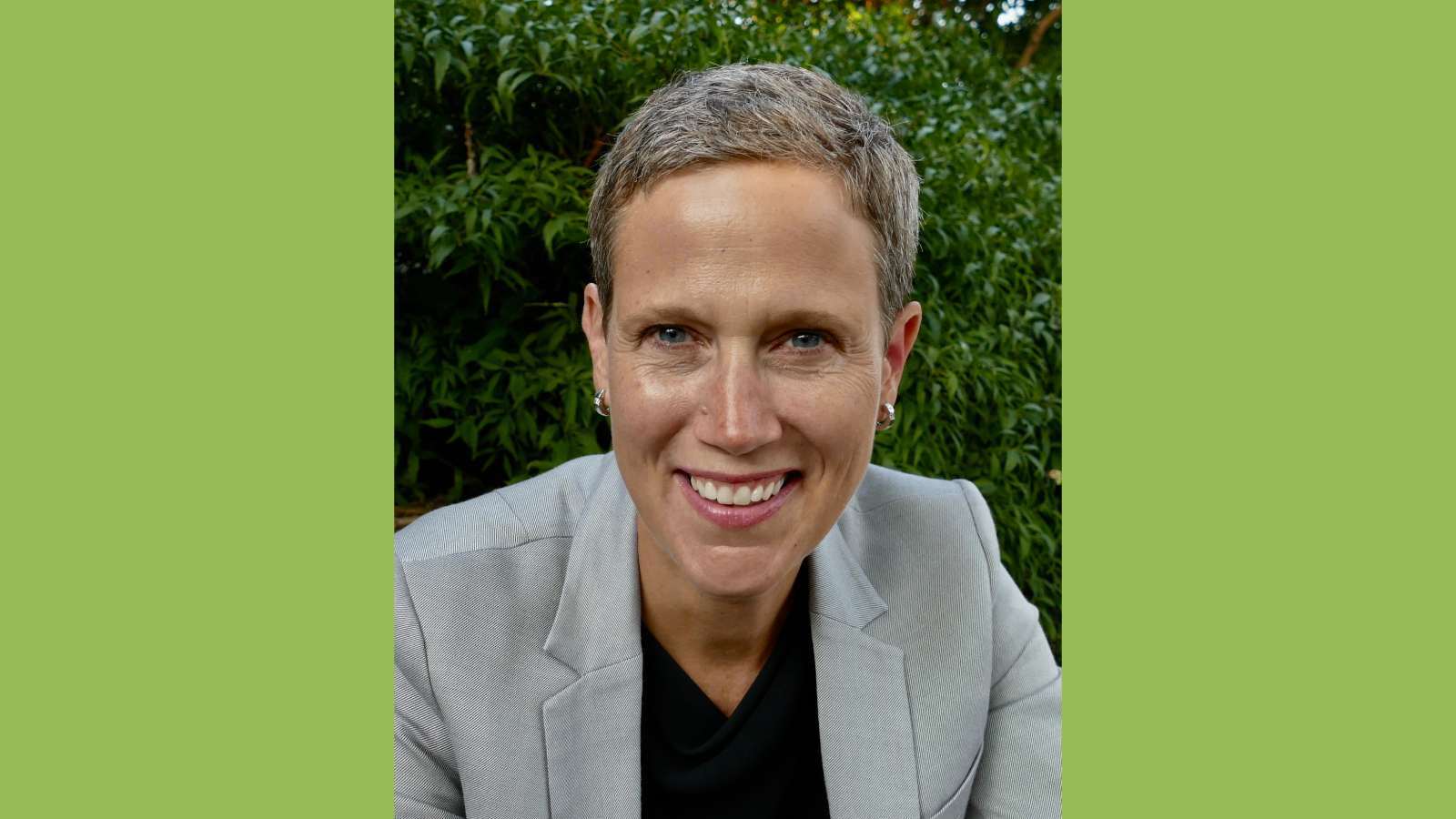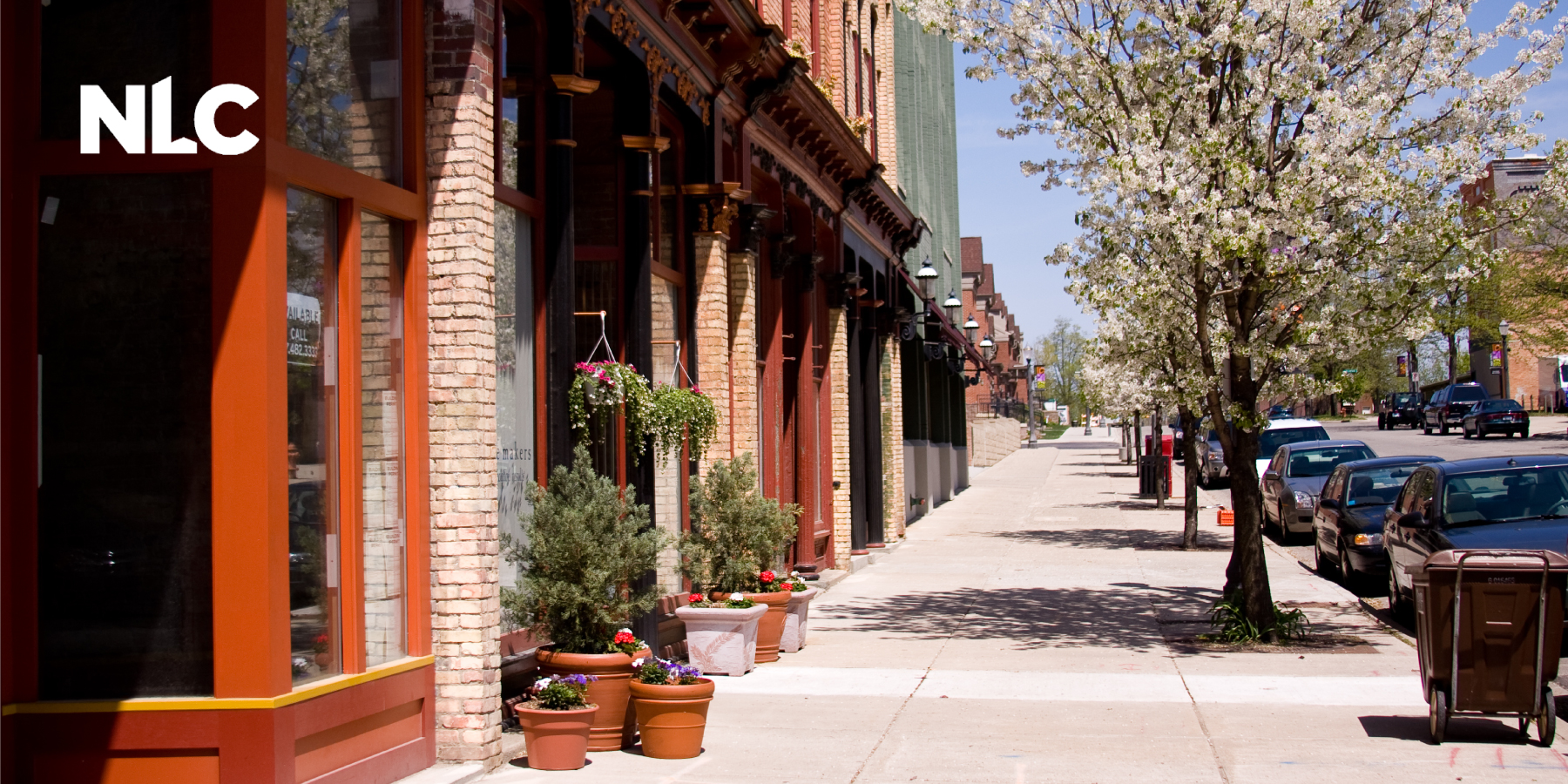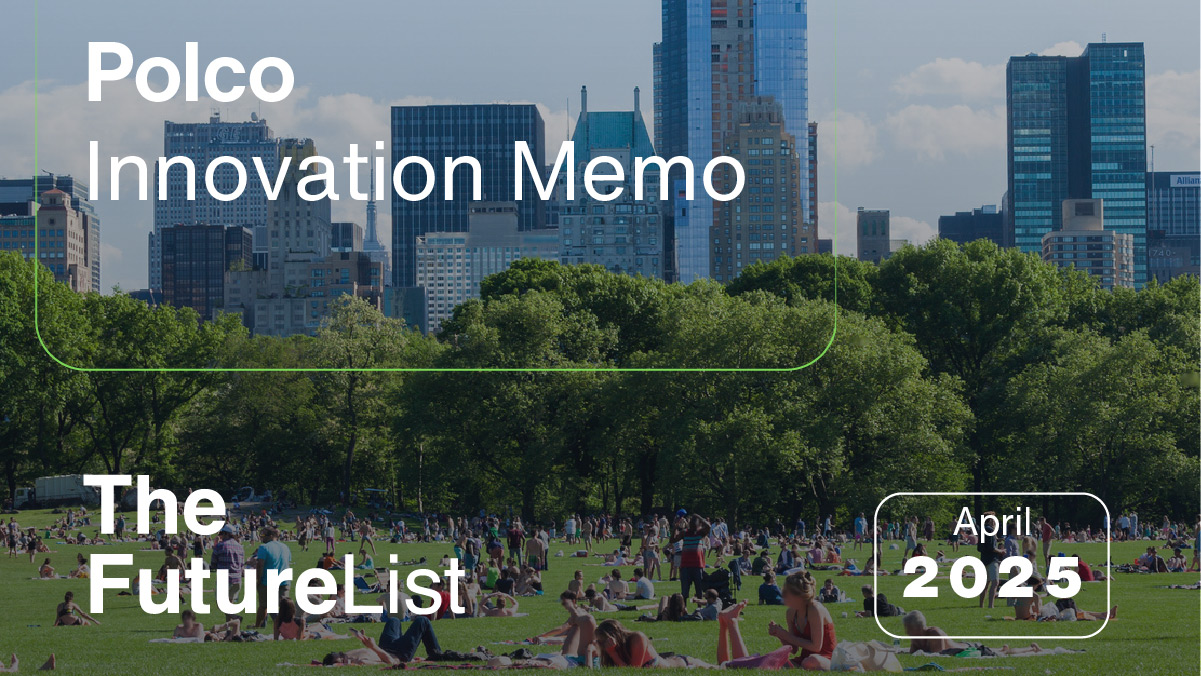Foresight Specialist Rebecca Ryan on How Governments Can Plan for the Future
By Polco on March 16, 2022

An interview with a futurist on major issues in local government and their potential outcomes.
- By Jessie O'Brien -
Rebecca Ryan is a futurist. The title carries mystique, but she doesn't wear a psychic headband with a crystal dangling over her third eye. She helps government leaders and organizations plan for what’s ahead with foresight. Professional futurists help organizations prepare for potential outcomes with intense inquiry, deep thinking, and lots of data. With so many unknowns–climate change, the pandemic, AI, cybersecurity, and more–her job became a lot more interesting.
We talk to Ryan about her profession, political division, housing, and what she would change in local government if she could wave a magic wand. It may give leaders some ideas.
Polco: I would imagine you’re highly sought after right now, with all these giant question marks looming over the future.
Ryan: What’s interesting is, in Asia, foresight is exploding. I am on the board of the Association of Professional Futurists. Our chairman, Shermon Cruz, is the head of the Philippine Futures Thinking Society. Their federal government has set aside 550 million pesos (about $10.5 million dollars) to study the future. So all of these colleges and universities are offering foresight programs and degrees. They are immediately filled with students. There are waitlists. It’s crazy what’s going on in Asia, Dubai, and the Middle East around foresight as a result of the pandemic. And we’re not quite seeing that here in the U.S. We're still trying to duct tape over problems here instead of thinking about, What if we didn't need duct tape?
You would think having a philosopher-type person involved in decision-making would be essential, and the fact that it’s not is a little alarming.
It is alarming. We often don't take the long view. In politics, we’re now to the next election cycle. In business, it's the next quarterly report. If you are a publicly-traded business, it’s the next earnings call. The BBC wrote a long-form piece a couple of years ago saying short-termism is what will kill humanity. If we didn't start lifting our eyes to the horizon, I'm not sure we will have much worth leaving to our next generations. I’m concerned.
On that note, let’s talk about political polarization, something highly relevant to local government leaders. Do you see this improving?
It’s important for everyone to recognize that our time on social media is being engineered by people who are trying to keep us engaged. Reed Hastings from Netflix has said that Netflix’s competitor is sleep. So think about who is Facebook's competitor? Probably also sleep. Or the news. What they know is that enragement equals engagement. If they can keep you angry, you will stay on the site.
Having more fractionalization in social media is going to help somewhat because it will be harder for people to share between platforms. Right now, when everyone is on Facebook, it’s so easy to share and tag. But when the platforms are broken up, it makes it harder for the 'Haterade' to spread quite as easily.
Then we need to get people back to work. If I can get you into a job that you love with people who are maybe different than you, and you get to interact with them because it’s your workplace, and it gets you out of your tiny siloed online world. All of those things would help be a balm to some of the divisions. I’m not completely optimistic here either because there is a plausible future where it gets worse.
Housing has become so expensive in many places. What do you suspect will be the outcome of this?
The watch-and-wait future is more of what we are seeing now. Land and houses go to the people who can afford them, and that just keeps getting ratcheted up. But the other possibility is that we start to get smarter about how we think about housing. For instance, many municipalities in California have banned single-family housing as a zoning process because it creates less dense and therefore less sustainable space and more expensive housing options. Then that creates more traffic because people can't afford to live close to their jobs. They move out to the first ring, then the second ring, and then the third ring suburbs. And if they have place-based work, they spend much more time in traffic, and their quality of life goes down.

For every 10 minutes you spend in traffic, your civic participation goes down 10 percent (according to “Bowling Alone” by Robert D. Putnam). As Polco and NRC, that is an interesting thing to note. People have less time to take surveys and participate in public life if they are spending more time in traffic. That is a direct side effect of expensive housing.
We know future generations don't want to spend all their discretionary time making their grass green or mowing their lawn. They want to be having experiences, spending time with friends and spending time with family, not doing yard work.
Cities are going to have to respond by being even healthier places to live with an even better public, with even better programming for people to be outside and outdoors. We are going to have to give access to our rivers and streams and public access to water so that people can enjoy the natural environment with their friends. Invest in amphitheaters. That would be my advice.
There are many more topics to cover, but no time. So if you had the power to change something in local government, what would it be?
 Local governments need to stop thinking of themselves as the last resort. They need to start thinking of themselves as the first investor. We used to do this back in the 60s and beforehand. Read "Mission Economy" by Mariana Mazzucato. She has been called the most dangerous economist working today. Her argument is that the public sector has lost the script. The public sector used to be the first investor for things that could have a public good. But instead, the public sector is now the last thing holding the bag when everything goes wrong. This is the thing I wish we could change.
Local governments need to stop thinking of themselves as the last resort. They need to start thinking of themselves as the first investor. We used to do this back in the 60s and beforehand. Read "Mission Economy" by Mariana Mazzucato. She has been called the most dangerous economist working today. Her argument is that the public sector has lost the script. The public sector used to be the first investor for things that could have a public good. But instead, the public sector is now the last thing holding the bag when everything goes wrong. This is the thing I wish we could change.
Related Articles
Popular posts
Sign-up for Updates
You May Also Like
These Related Stories

How Resident Feedback Can Help You Build Community Resilience

Polco featured on The FutureList: A global nod to smarter, more inclusive governance
.png)
